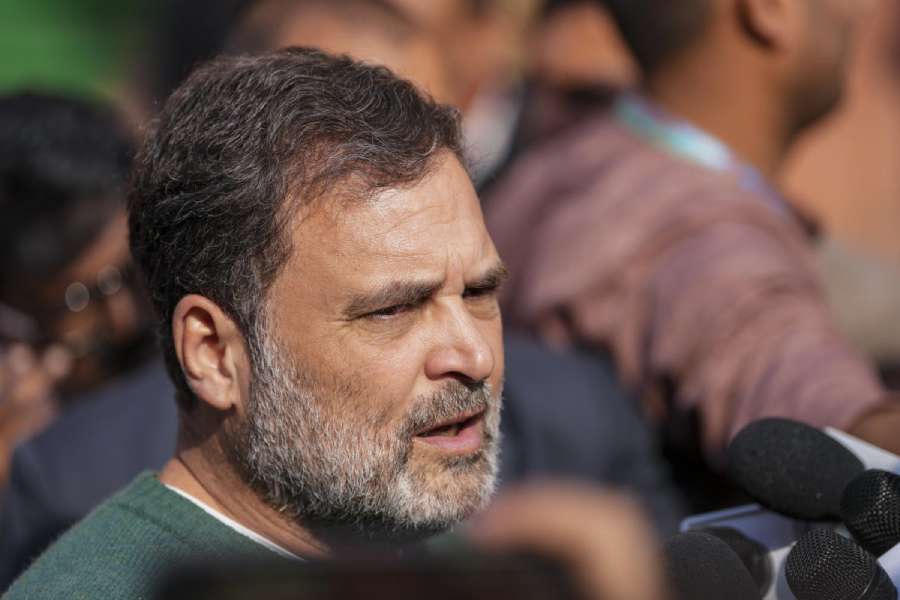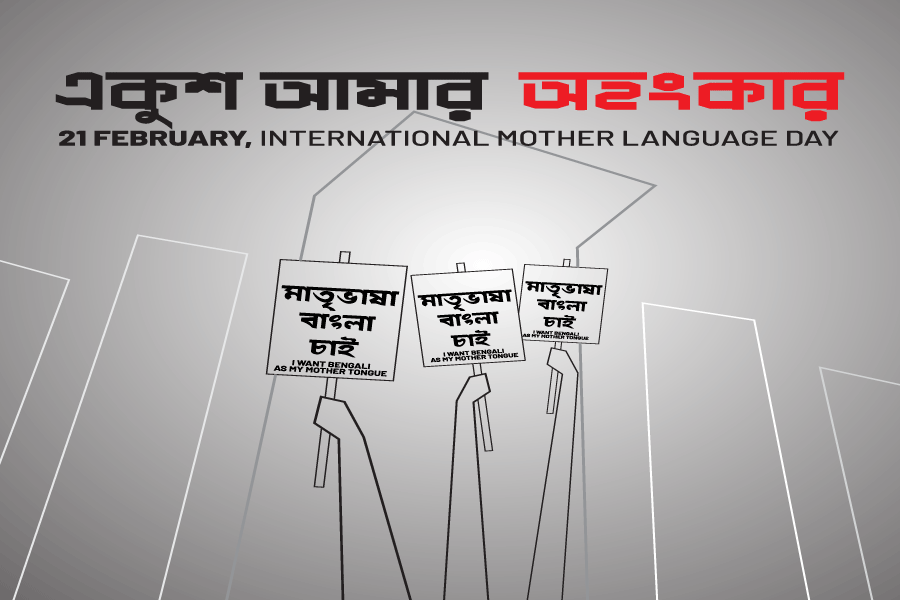The Centre on Wednesday defended in the Supreme Court the inclusion of non-Muslims in the Central Waqf Council and state waqf boards, saying the creation of waqf was a “secular activity” and the Waqf Amendment Act did not violate the religious rights of Muslims.
"Waqf is an Islamic concept, no dispute about it. But waqf is not an essential part of Islam,” solicitor-general Tushar Mehta, appearing for the Centre, told a bench of Chief Justice B.R. Gavai and Justice Augustine George Masih.
Mehta told the bench that unless the petitioners, who had challenged the validity of the 2025 amendments, proved that waqf was an essential part of Islam, no relief could be granted to them.
“Unless that is shown… other arguments fail. (The court’s earlier) judgments show that charity is part of every religion and can happen in Christianity also. Hindus have a system of daan. Sikhs also have it. Waqf is nothing but just charity in Islam,” Mehta said.
The Centre argued that the waqf boards only discharged secular functions such as managing waqf properties and examining their accounts.
“I am on the question of a maximum of two (non-Muslim) members (in each state waqf board). Having two non-Muslims... what will it change? It is not touching any religious activity,” Mehta said.
The senior law officer pointed out that some provisions of the Hindu Endowments Act granted the government the power to appoint priests, while others allowed endowment commissioners to inspect the shrines. However, in the case of Islam, there is no such interference in religious activities by the government, he added.
Seeking to establish that the Waqf Amendment Act did not deal with any essential religious aspects of Islam, Mehta said waqfs could be non-religious and secular organisations such as schools, orphanages and lodges, unlike Hindu endowments.
The Centre also rejected allegations that the amended legislation vested the government with absolute power to determine whether a property was waqf or not and enabled mass takeover of such properties.
Mehta said Section 3C of the legislation empowered revenue authorities to examine the records of a property claimed to be waqf.
“There is no wholesale capturing. The designated officer cannot take possession. At best, the revenue entry changes, which itself is subject to challenge and appeal. Title disputes will continue to be resolved in courts,” he said.
The arguments will continue on Thursday.










